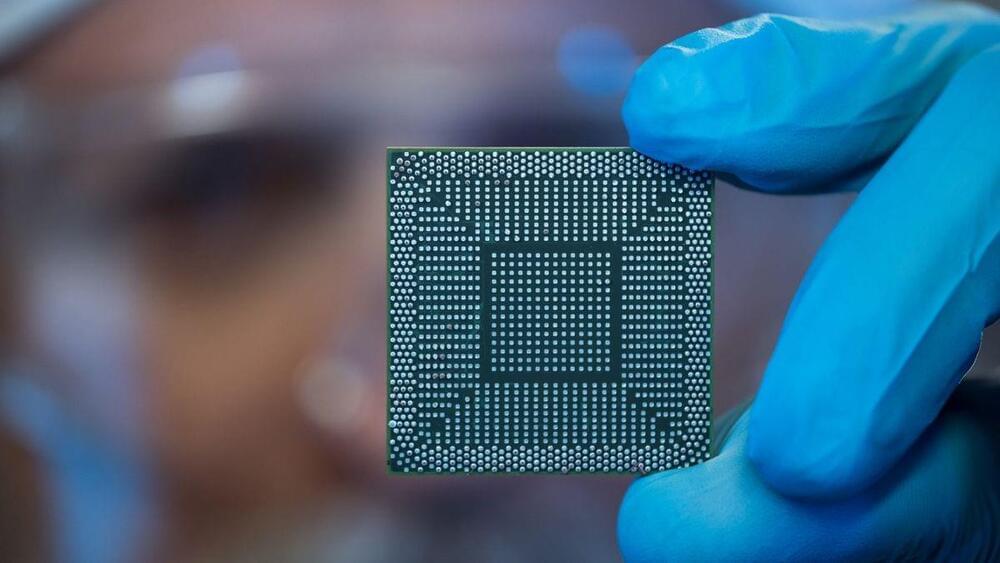The researchers embedded this prototype in a biodegradable, chip-like implant that combined energy harvesting and energy storage. When the prototype was attached to a medical implant, power passed through the circuit directly to the device and into the capacitor to ensure a constant power supply.
In rats, the wireless implant worked for up to 10 days and dissolved completely within two months — proving its biodegradability. But it could potentially last longer if the team thickened the protective polymer and wax layers encasing the system, Lan said.
The researchers also tested the wireless charger as a drug-delivery system and delivered anti-inflammatory medicine to rats with a fever. After 12 hours, the rats that had no implants had much higher body temperatures than those with the chips, suggesting the device was successfully delivering the medicine.









Comments are closed.